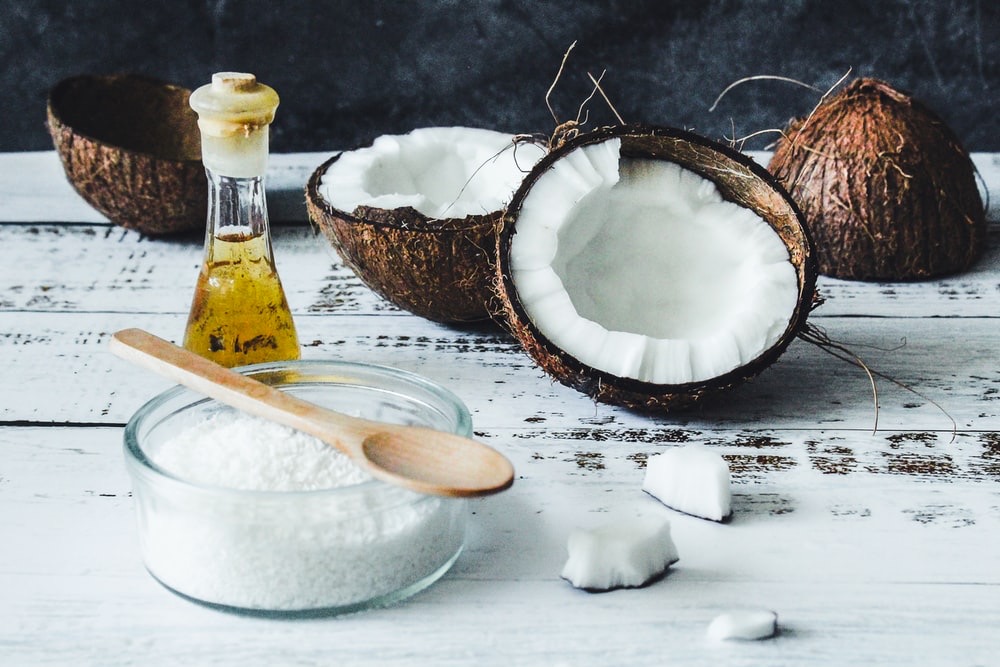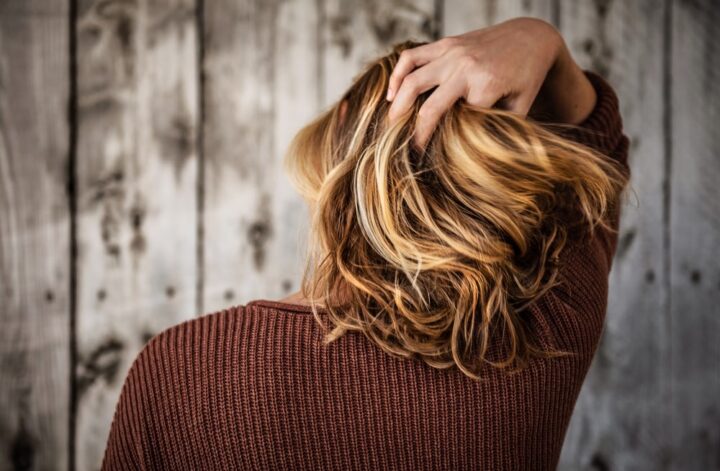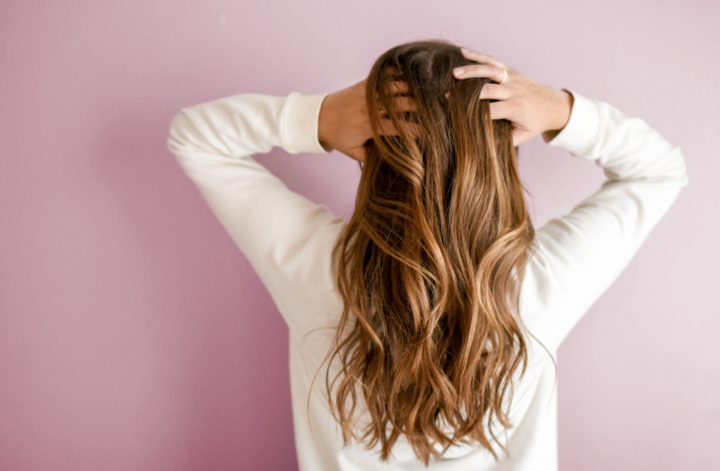What is the difference between Dandruff and dry scalp, what is the treatment and how can they be prevented?
The symptoms of both dry scalp and dandruff are similar in that they both cause flakes and itchiness, but that is where the similarity ends. Dry scalp is caused by dry skin and so it can often be accompanied with dry skin elsewhere on the body. Whereas dandruff is caused by excessive oiliness which causes build up and shedding.
Understanding the difference between the two is the first step. As the treatment for both conditions is very different, it is crucial to identify the problem first. We can then determine what is the appropriate solution, and finally prevention.
Dandruff
Dandruff is a reoccurring condition that is often caused by a fungus and has no permanent cure. As the symptoms come and go, the condition should be managed using dandruff shampoo. This can be purchased over the counter and should be used according to manufacturers instructions. Dandruff is not caused by dirty hair, however, if you don’t shampoo frequently enough it can cause build up and oiliness.
If you suffer from dandruff, you will need a dandruff shampoo which you should use frequently. It is important to avoid products that build up on the hair such as styling products or heavy conditioners. Be sure to rinse your hair thoroughly after shampooing, conditioner can be used sparingly on the mid lengths and ends of your hair, avoiding the scalp area.
Some popular anti-dandruff shampoo’s are:
Once you have treated your hair with anti-dandruff shampoo according to manufacturer instructions for a month and you are still experiencing symptoms, I would advise for you to book in to see a dermatologist. It could be atopic eczema or Psoriasis which would require a more intensive topical treatment.
Dry scalp
If you are suffering from dry scalp, it is likely that your skin is dry in other areas of your body. This can be caused by dry climate, cold weather and even stress. Lack of moisture in the skin can be treated with deep moisturizing treatments for the hair and scalp. If you are not sure if what you are experiencing is in fact dry scalp, you can apply a moisturizing treatment and leave it on for a few hours or even overnight and you should notice an improvement. You can treat your scalp weekly to avoid reoccurrence.
Some popular dry scalp treatments are:
Another cause of itchiness and dry scalp is contact dermatitis which is caused by a reaction to a product or substance. Pay attention to when your itchiness is worse, is it just after shampooing or after a few days? Is it after you use a certain product? If you notice it occurs right when you shampoo you could be having a reaction. You can switch products to see if this helps.
Related questions
My scalp is dry and I’m losing hair, are these two things connected?
In some cases excessive scratching can cause some hair loss which should grow back once the itchiness subsides. If you believe your excessive scratching may be causing hair loss there are several things you can do:
- Use an appropriate shampoo and conditioner to treat the itchiness
- Be very gentle when combing your hair
- Make sure to eat a balanced diet and exercise regularly
- A little bit of sun is good for your scalp
- Avoid direct heat and excessive styling products or chemicals
- Use diluted tea tree oil to give yourself a stimulating head massage
Important notice: If your scalp is so itchy it disturbs your sleep and/or regular activities, you notice significant hair loss or your scalp is sore to the touch it is advised to see a doctor.
Can you treat dry scalp using natural ingredients?
Yes! Before delving into the natural treatments, the first step is to check the ingredients in your regular products to make sure there are no harsh chemicals which may be causing scalp irritation. Once you have made sure your frequently used products are not worsening the dry scalp, these are a few natural options to try at home:
- Tea Tree oil contains anti-fungal properties and is helpful both for dandruff and dry scalp. Use the essential oil by diluting 2-3 drops into your shampoo or conditioner, alternatively use coconut oil as a base for a hydrating hair and scalp mask.
- Coconut oil contains anti-fungal properties and adds moisture to dry scalp and hair.
- Aloe Vera applied directly on the scalp as a treatment for around 10 minutes before shampooing or you can purchase a shampoo containing Aloe Vera.
- Apple Cider Vinegar diluted with water (1 part vinegar to 2 parts water) and left on the scalp for about 10 minutes before shampooing.

What ingredients typically cause a reaction in products?
There are several ingredients that are commonly found in shampoo which can cause a skin reaction. These include:
- SLS (Sodium laureth sulfate)
- Ammonium laureth sulfate
- Parabens
- Sodium chloride
- Alcohol
- Synthetic fragrance
- Triclosan
For this reason I recommend to always go for a Paraben and Sulfate (SLS) free shampoo which I discuss in more detail here. Many brands today are becoming more and more conscious about sustainability and using as many natural ingredients as possible. Some of my favorite sustainable brands are Oway and Davines whose products are SLS and paraben free and come in fully recyclable packaging.
Does hard water cause build up in hair?
Limescale and hard water cause build up on hair, causing flakiness and scalp irritation, dry and brittle hair and even hair loss. So, if you suspect this is your problem you can install a filter on your shower head which as a result will soften the water. Malibu C has a great Hard Water Wellness treatment.
Note: This Content is not intended to be a substitute for medical advice, diagnosis, or treatment.



